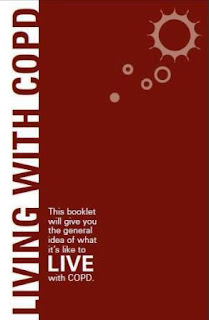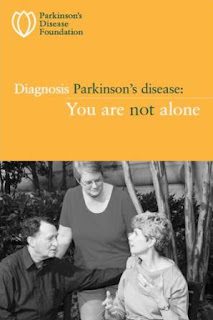 Click on the image to download booklet
Click on the image to download booklet
Chronic Obstructive Pulmonary Disease (COPD) is a general name given to a group of advanced lung diseases.
Diseases that fall under this group are:
- Emphysema
- Chronic Bronchitis
- Adult Refractory Asthma (not fully reversible)
- Severe Bronchiectasis
These diseases have many things in common. They have many of the same signs and symptoms. They also have many of the same treatments and tests. Shortness of breath occurs in more advanced stages of disease. COPD may exist for years without noticable shortness of breath.
Source:
COPD Foundation
 Click on the image to download booklet
Click on the image to download booklet
Why is it called multiple sclerosis?
The word sclerosis comes from the Greek ‘skleros’ meaning hard. In multiple sclerosis, hard areas called ‘plaques’ (also known as lesions or scars) develop around the damaged nerves. ‘Multiple’ refers to the many different areas of the central nervous system that may have damaged myelin. The lesions show up on scans but having lots of lesions or scars isn’t always the same as saying that your MS is severe – many things about MS are complicated.
Source:
Multiple Sclerosis Society (UK)
 Click on the image to download leaflet
Click on the image to download leaflet
Some people are more at risk of having a stroke than others. Some factors can’'t be changed – like your genes or your age. However, simple lifestyle changes may prevent a stroke from happening.
If you have already had a stroke, simple lifestyle changes may help prevent you from having another stroke.
Source:
The Stroke Association (UK)
 Click on the image to download booklet
Click on the image to download booklet
Designed for the person newly diagnosed with Parkinson's disease (PD), this 30-page booklet serves to answer questions that may arise upon diagnosis. It shares resources, medical expert testimony, and the experiences of people who have dealt with the diagnosis of Parkinson's disease.
Source:
Parkinson's Disease Foundation



